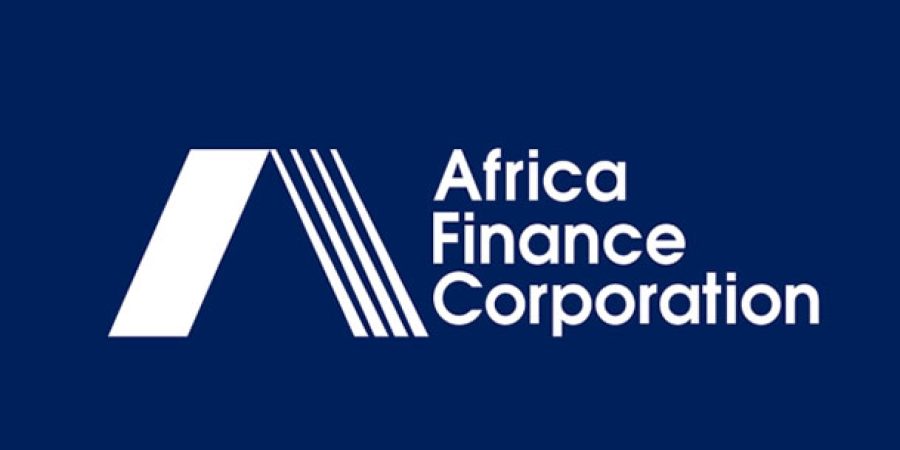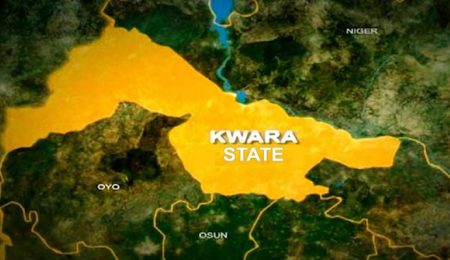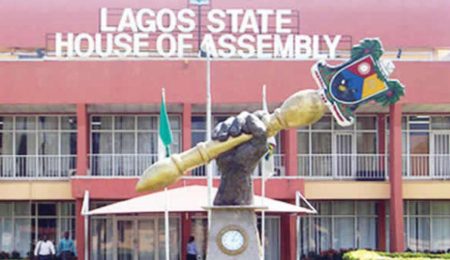Africa Finance Corporation (AFC), the continent’s leading infrastructure solutions provider, has stated that projects it supported across Nigeria and 35 other countries on the continent helped to add about $50 billion to the impacted nations’ Gross Domestic Product (GDP) since its inception.
The Nigeria-based institution published this in its annual Development Impact Report, presenting a comprehensive, data-driven account of AFC’s cumulative development outcomes across Africa.
Besides, the organisation stated that ventures it supported led to the creation of 7 million jobs across the 36 countries on the continent.
In Nigeria, AFC listed the Dangote Oil Refinery; Dangote Industries Limited; BUA Industries Limited; Thor Explorations; African Industries Group; Waltersmith Refining and Petrochemical Co., MTN and the Kano Maradi Rail Project as major infrastructure it backed in recent years.
Besides, AFC stated that its strategic investments in heavy industries have doubled Nigeria’s refining capacity, significantly reducing reliance on imported refined petroleum products.
As for BUA Cement, it stressed that it helped the company expand production from 2 to 8 million metric tons per annum at the Kalambaina plant in Sokoto, Nigeria. The project, it said, will enhance cement availability at affordable prices in Northern Nigeria and neighbouring landlocked countries while creating 1,000 direct and 11,000 indirect jobs.
“Dangote Oil Refinery doubled Nigeria’s refining capacity, reducing fuel import dependency. AFC supported the construction of a 650, 000 barrel per day crude oil refinery and a 2.8 million ton-per-annum urea fertiliser plant in Nigeria by providing a $300 million senior debt facility to Dangote Industries.
“The fertiliser plant will significantly boost agricultural productivity. The project is expected to improve Nigeria’s trade balance by $8.8 billion, boost GDP by $13 billion, and increase government revenue by $3.3 bilion,” the document stated.
These projects in Nigeria, according to the document employ over 250,000 individuals directly, with wages over $272 million paid in wages and salaries annually and economic savings of over $10 billion in FX savings through import substitution.
Many of AFC’s most impactful transactions, it stressed, began as advisory mandates before evolving into full-scale financing.
It listed other key examples to include: The BUA Group’s Sugar Refinery Complex, a 2,200,000 tons per annum sugar milling plant and a 200,000 tons per annum sugar refinery, creating 15,000 indirect and direct jobs.
In the same vein, it stated that this incorporates a 35MW bagasse-fueled renewable energy plant that sells surplus power into the Nigerian national grid and saving over $2 billion in annual foreign exchange.
“AFC advised on the $2 billion PPP structure, later becoming a lead financier in a deal that will boost trade, cut emissions, and serve 9,364 passengers and 3,000 tons of cargo daily. The project once completed will save passengers up to 120 travel hours per year. With over 2,800 local workers already engaged-projected to rise to 6,500 by 2026,” the report stated.
The report also highlighted the establishment of the continent’s largest and fastest-growing renewable energy platform, Infinity Power, now delivering 1.4GW of clean electricity, and on track to reach 3GW by 2030 – a clear marker of AFC’s leadership in Africa’s energy transition.
“This report is a record of the tangible, large-scale impact we’ve always aimed for—driven by disciplined capital, strategic partnerships, and a focus on outcomes that matter,” said the President & Chief Executive of AFC, Samaila Zubairu.
“From clean energy to industrial ecosystems and regional rail links, AFC’s investments are transforming challenges into opportunities and unlocking Africa’s potential at scale,” he added.
The report noted that AFC tracked outcomes across 166 projects, drawing from over 250,000 data points validated by a rigorous methodology, with AFC’s development model grounded in its theory of change, prioritising four pillars, including industrialisation, energy transition, regional integration, and digital inclusion.
“Further key cumulative metrics include: $14 billion in capital mobilised; 4.1 million homes connected to electricity; 8.8 million tons of CO2 emissions avoided annually,” it stated.
The report also detailed broad social outcomes, including inclusive employment across gender and age, among significant community-level impacts. For example, AFC mentioned investments in Gabon’s ARISE Industrial Platform, which resulted in 42 per cent female workforce participation.
Women, it said, are employed across manufacturing, services and off-grid energy sectors, advancing gender equity in traditionally male-dominated industries.
Besides, the corporation said its digital inclusion initiatives like M-KOPA, a pay-as-you-go mobile and solar energy finance platform, empowered 1.7 million first-time mobile internet users, while investments in providers like MTN and Airtel have connected over 100 million people to mobile and broadband services.
AFC stated that its model links strategic project development with exit discipline, crowding in private capital once projects are commercially viable.
“As global demand grows for sustainable, high yield investments, AFC’s blended finance model offers a replicable approach to accelerating Africa’s infrastructure development,” it said.
The report concluded with a call to partners, including governments, investors, and development institutions to collaborate in scaling proven models that drive structural transformation, climate resilience, and inclusive growth.
Emmanuel Addeh
Follow us on:



